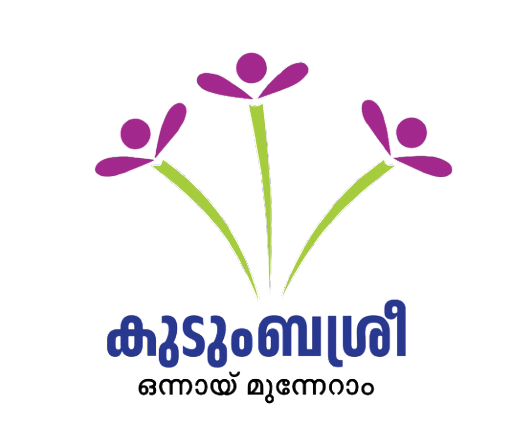100 days Paniya programme
100 days Programme, financed by the ST department, being implemented in 100 Paniya colonies of Wayanad, Kannur, Malappuram and Kozhikode. The project proposes to provide food through a community kitchen in each of the 100 colonies by engaging special NHGs. The food would be prepared in consultation with the need and demand of the tribal population in each district. The project proposes to incorporate certain key interventions, besides providing three meals a day, to address the issues that have pushed the Paniyars to their present vulnerable situation and has resulted in their exclusion and marginalization. Special NHGs, comprising tribal women were identified to cook food, three times in a day, for the beneficiary includes in tribes. The beneficiaries includes under the category of pregnant women, children, lactating mothers, elderly and the bed ridden.
The project also implemented Non- Formal Learning Homes (NLH), This was envisaged to address the issues in a holistic manner than mere distribution of food for 100 days, which was seemed to be quite unsustainable. As a part of the NLH, houses/ community spaces/ halls under the panchayats were taken as NLH. Paniyar women completed matriculation and unmarried was selected in every colonies if them not selected the Paniya young men were selected and participated in three days training programme as the caretakers and non- formal teachers of the proposed NLH.
All the 100 tribal hamlets conduct a cleaning campaign by the initiative of Asha workers, community and the NLH teachers. Panchayats and CDS took active participation in this campaign. NLH teachers took initiative to identify the drop outs and toddlers who are not going to Anganwadis and both of them were joined attend the NLH. The medium of communication at NLH is Malayalam, so that the children, when they go to regular schools, would not find Malayalam that alien. Besides, the atmosphere in NLH is also conceived in such a manner that it introduces the toddlers (3-5years) to the formal schooling environment. This would facilitate the toddlers to get acquainted with the schooling environment in a friendlier and conducive manner rather than a hostile one, the tribal non-formal teacher also uses books, which were availed from Bala Sahithya Institute to introduce to the children to the world of stories.
The above programme completed in the entire four districts.
















